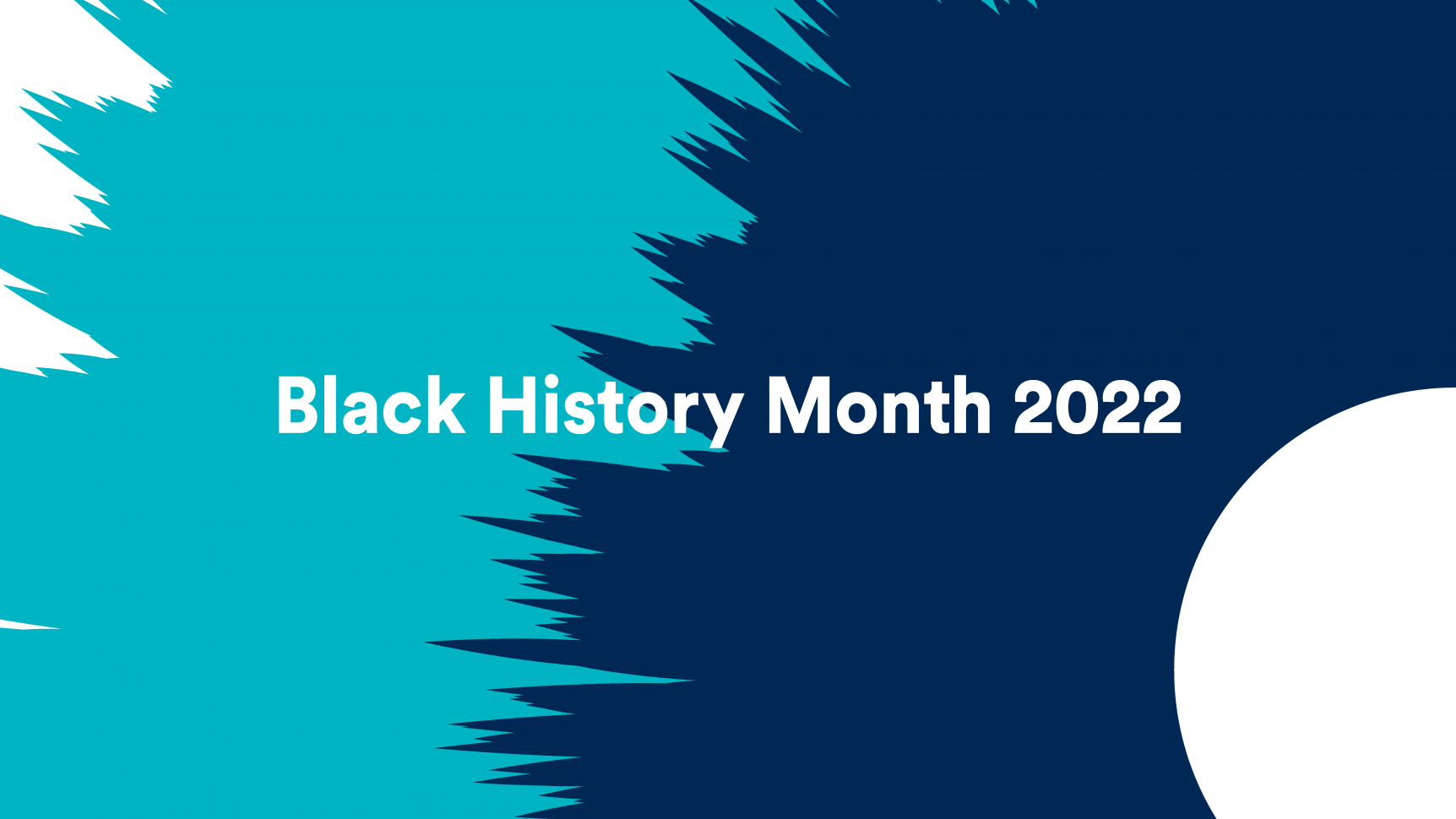Five years after our first Black History Month data publication, Sound and Music is again releasing data regarding applicants to our programmes from backgrounds who have experienced racism.
“In regards to Sound and Music’s data this year we have pulled out some key themes, but also welcome anyone reading this to explore the data for themselves, to ask questions and start a conversation with us about what we are doing as an organisation and as a sector to remove barriers, increase representation and how we can continue to improve.” – Susanna Eastburn MBE
Key Findings
- Increase in the percentage of Black applicants: The percentage of Black applicants to our programmes and opportunities has risen again in 2022 by 47%. This follows the 26% increase reported in 2020, and 6% increase in 2021. Around 10% of all applicants in 2022 are Black, and 20% are from Black, Asian and ethnically diverse backgrounds. In comparison with 2021, just 5% of all applicants are Black, and 18% of our applicants are from Black, Asian and ethnically diverse backgrounds, signalling better representation.
- Drop in percentage of selected Black applicants: 9% of all selected applicants in 2022 identify as Black, compared to 12% in 2021. 18% of selected applicants in 2022 come from Black, Asian and ethnically diverse backgrounds, compared to 34% in 2021. These stats indicate a slight drop in the percentage of selected Black composers, and Black, Asian and ethnically diverse composers (compared to last year) but this is still a strong performance overall.
- Success with targeted open opportunities: The British Music Collection Digital residency, aimed at Black applicants, was the most representative programme in 2022.
- Programmes reaching younger Black applicants: This year, Black applicants are again statistically likely to be younger than other ethnicities, at 31.
- Opportunities attracting more Black applicants outside of London: We previously reported that Black applicants were significantly more likely to be based in London than applicants from other groups. This still holds true; however, the figure has fallen for the third year in a row, from 49% in 2021 to 46% in 2022.
- Black women are engaging with us more: In 2022, 44% of all Black applicants are Women, up from 40% in 2021. This indicates we are attracting more applications from Black Women to our programmes. Black applicants are more likely to identify as Women than other genders, and applicants from a Black, Asian and ethnically diverse backgrounds are also more likely to identify as Women.
- Black applicants are still more likely to attend State school: We previously reported that Black applicants were more likely to have attended State school than other groups. This is still the case; however, the figure has risen from 63% in 2021 to 69% in 2022.
- Black applicants are more familiar with our programmes: Last year, we reported that Black applicants were more likely to be applying to Sound and Music for the first-time than applicants from other groups. This year, Black applicants are least likely to applying for the first-time, indicating some progress.
- Black applicants are engaging with us online: This year we have looked at how people are finding out about our opportunities. In 2022, Black applicants were most likely to hear about opportunities from Sound and Music’s website, followed by social media.
This work continues to be a part of our long-term commitments as outlined in our Equality, Diversity and Inclusion Policy.
Download the full infographic (PDF) or read below.
You can also read a blog post from our CEO Susanna Eastburn MBE, reflecting on these findings.

Find out more about #BlackHistoryMonth #TimeforChange #ActionNotWords


